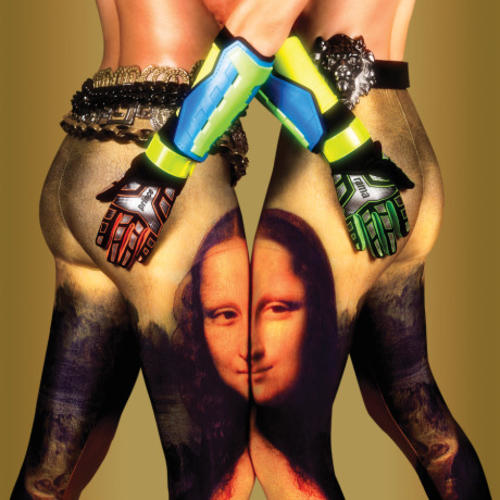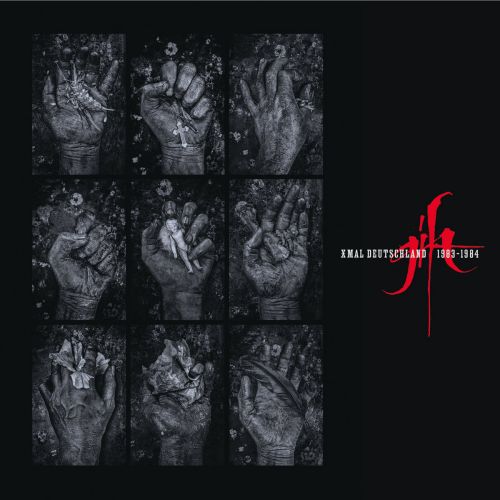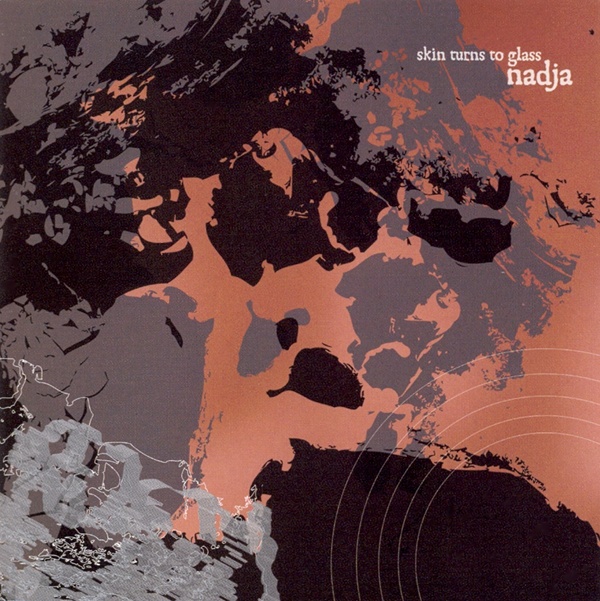 Ex-Prince Rama frontwoman Taraka Larson returns with her debut solo album, trading in digital exotica for freakout psych garage jams to excellent effect.
Ex-Prince Rama frontwoman Taraka Larson returns with her debut solo album, trading in digital exotica for freakout psych garage jams to excellent effect.
Prince Rama, also sometimes known as Prince Rama Of Ayodhya, encapsulate a certain particularly far-out strain of late 2000s / early 2010s psychedelia. Darlings of the blogosphere from the very start, they represented a unique moment when particularly weird music was breaking out and becoming mainstream — when eccentric artists like Ty Segall or Thee Oh Sees could become actual international superstars.
It was a strange time.Over the span of eight albums and twelve years, Prince Rama traded in every form of psychedelic and indie music you can think of, transforming from the patchouli-burning underground psych warriors of their earliest work to delivering almost polished synth pop by the end.
The vast array of different styles left us guessing what would happen next when Prince Rama announced their breakup in 2019, with the departure of Taraka’s sister Nimai Larson. Welcome to Paradise Lost is the answer to that question, and I doubt it’s what anyone was expecting. On Welcome To Paradise Lost, Taraka ditches the rather freeform freakouts for an album of tight, focused, hooky garage pop that still manages to sound weird as shit. Catchiness and melodicism are the first thing to stand out and separate Welcome To Paradise Lost from Prince Rama, who tended to sound more like a Saturday drum circle at a Krishna public feeding (the Larson sisters were raised as Hare Krishnas) than anything you’d hear on Top Of The Pops. Excellent for atmosphere; whistleable melodies… not so much.Memorable melodies are available in abundance on Paradise Lost, which has more hooks than a bait and tackle shop. Catchiness is paired with experimentation and a truly weird, wild, wooly worldview that makes Taraka’s garage pop confessionals truly one of a kind. She manages to blend the best of all worlds — pairing the tightness, focus and economy of power pop, but with truly outre avant psych rock that would make Roky Erikson blush — like the faraway guitar leads of album opener “Once Again” or the tractor beam fadeout of “Deep Hollow”.
Garage pop is just one style that’s on display on Welcome To Paradise Lost, although it’s the main flavour on offer. Numerous acoustic numbers, from the strummy “Deep Hollow” to the piano pop of album closer “Old Gloves” help to humanise the album, breaking up the nonstop garage freakouts, giving the album a beating heart and preventing it from becoming one note. They’re also a reminder that if you scrape off the fuzz and grit of Taraka’s songs, she’s an excellent songwriter and musician, with moving lyrics when you take the time to figure them out, and the ability to craft addictive earworms while still pushing the envelope, making for a new form of psychedelic garage pop perfection.
It seems like Taraka’s taken all the lessons learned in the last fifteen years of the indie underground and learned them by heart, truly creating the Best Of All Worlds. She takes the idiosyncratic singularity and late ’60s/early ’70s experimentation of Ty Segall and the relatively restrained, elegant minimalism of fellow garage revivalists like Vivian Girls with more modern, confessional acoustic punk like Frankie Cosmos, while ditching the sometimes cringey faux exotica that Prince Rama could sometimes fall prey to.
It’s a good look and a striking new sound that speaks to good things to come from Taraka.
-J Simpson-



